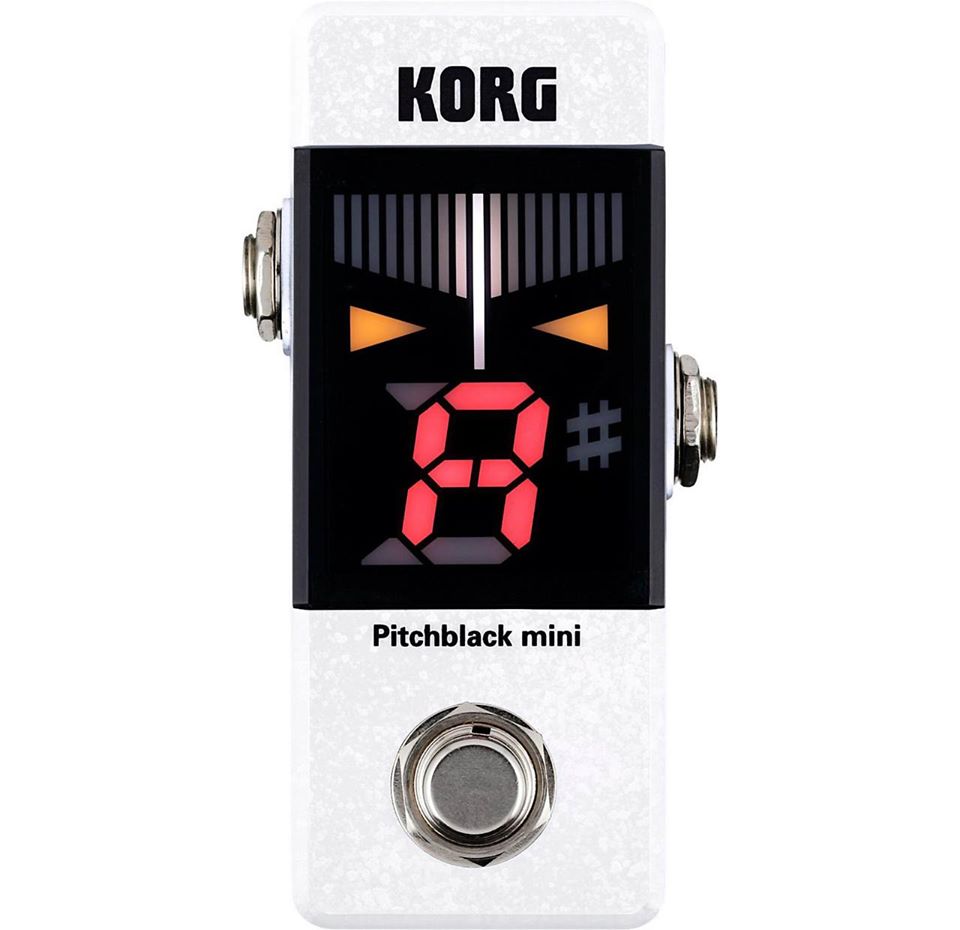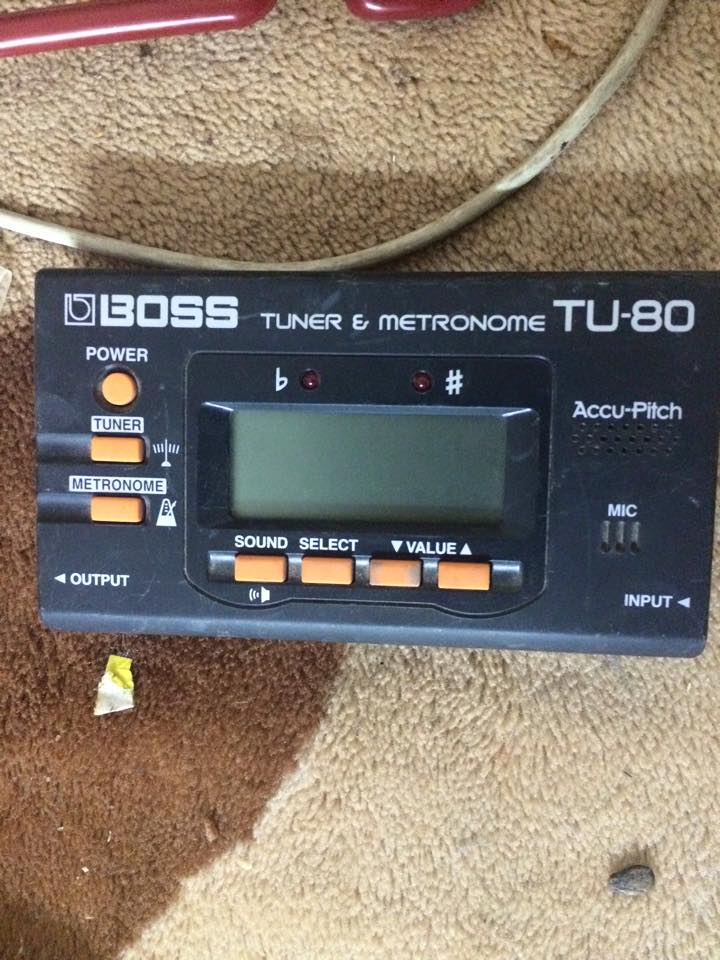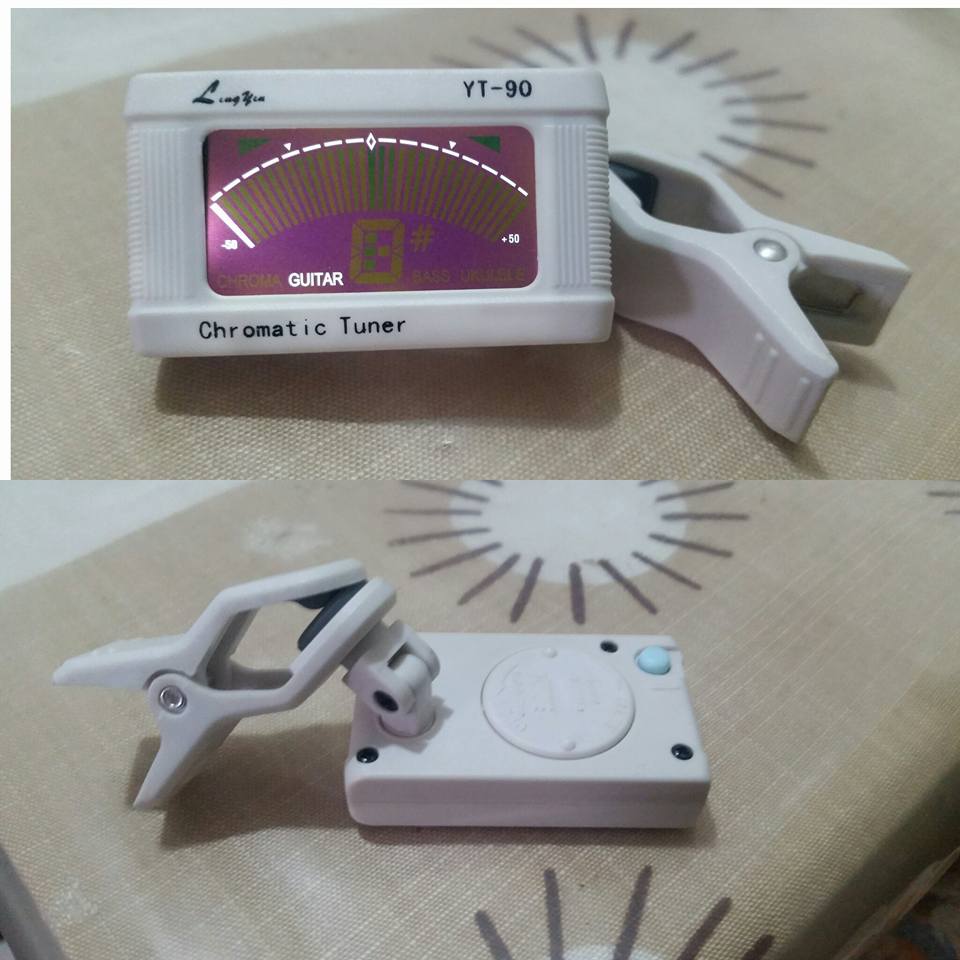Whether you are a professional or an amateur guitarist, you all have one thing in common; you desire to have perfect results. No matter how good you are in guitar-playing, a small mistake can ruin a well-organized performance. This is the reason why, as an individual, you should play your part and give the best.
For you to give the required range of notes and to play any meaningful sound, a tuner is a must have. Once someone feels they are good in the art, they feel they can get things going without a tuner. However, professionals know and believe that you can never give the best and perfect sound without a tuner.
Although you can still have things done in guitar-playing without a tuner, it will prove to be a great challenge. The tuner helps you to maintain consistence in sound for individual notes and guitar chords. Many best players insist on using electronic tuners to get an accurate tuning.
Do I Need a Guitar Tuner?
Whether you need a guitar tuner or not is a common question asked by many upcoming guitarists.Although some people think that depending so much on the tuner is being lazy, this is far from the truth.
Once you understand what a guitar tuner is and its importance in any successful performance, you’ll definitely embrace it. a guitar tuner is a necessity in your perfection as a guitarist. For this reason, the best answer to this question is therefore a solid ‘yes’. Keep reading to understand the importance of using a guitar tuner.
What is a Tuner for a Guitar?
For you to understand the importance of a guitar tuner, it is important to know what it is. A guitar tuner is simply a tool that is used to measure the frequencies from a vibrating string on either electric or acoustic guitar. The tuner then aligns the measurements with the notes in a scale. If the frequency will match a certain note, it is the work of the tuner to display it on an LED display.
Apart from the tuners used on acoustic and electric guitars, we also have bass tuners. These ones are specifically used on bass guitars and string basses. But to some extent, a guitar tuner will come in handy for both electric and acoustic guitars as well as bass guitars. Before you buy a guitar tuner, it is important to know the different types of tuners available and choose wisely. Let’s learn more about the available tuners below.
There are two main types of guitar tuners that are very popular in the market. The two work differently but serves the same purpose. These include:
Pedal Tuner

A pedal tuner works by receiving an audio pointer from a guitar through a quarter-inch audio cable. This signal is then passed out through a different quarter-inch cable. These tuners are only used with electric-acoustic or electric guitars only. Hence, they limit the user to the two guitar types.
Clip on Tuner

This tuner is attached to a guitar’s head stock; it measures vibrations in the concrete wood of the guitar. The best thing about Clip-on Tuners is that they can be used on any type of guitar. Guitar tuning appliances work in diverse tuning methods. As it is, the chromatic mode is the most common mode.
The chromatic tuner is preferred as it is easy to program to fit the normal tuning of a guitar (E A D G B E). It can also be used with alternate tuning that normally drop a single string like Drop D as well as popular open tuning like D A D G A D
Can you Tune a Guitar Without a Tuner?
It is very much possible to tune a guitar without a tuner. If worse comes to the worst and you are not in a position of getting a guitar tuner, then you can work without. Although tuning a guitar manually is not easy, it still works to some extent the right process is followed.
Manual tuning of a guitar involves using harmonics or tuning it to itself. You can also tune it to absolute pitch by use of a reference note if you’re not alone and are playing with other musicians. Your guitar will however not be tuned to absolute pitch.
Best Guitar Tuner
There are different types of instrument tuners available in the market today for use by our guitarists. Identifying a particular tuner as the best might be a bit challenging as we all have different preferences. At the same time, it is important to go with a guitar tuner that will perfectly fit into your budget. This way, you will not be forced to look for financiers or enter into unnecessary financial strains.
Do Old Strings go out of Tune?
Although they say “Old is gold” and old guitars are said to improve with age, old strings are completely the opposite. Old strings get worse with time and if not changed, they will slowly start sounding lifeless and dull. The more they stay; the more they tend to lose their ability to hold tension as they start becoming brittle.
The answer to this question is therefore a positive ‘yes’. Guitar strings are supposed to be changed at least four times in a year i.e. after every three months or 100 hours of practise. This is however for those who use their guitars regularly.
Do Guitar Strings go Bad?
Guitar strings don’t have a set shelf-life. There is no concrete answer about the question of whether or not guitar strings go bad. This is because, the length of time your guitar strings remains in the right condition highly depends on the storage status. If you store your guitar in the right condition, (in a dry room free from moisture) they will serve you for decades.
In simple terms, guitar strings have no set expiry date. The length of days they will last highly depends on the user. If you don’t use your guitar regularly, then you don’t need to change the strings.
Is it Bad to Tune Your Guitar A lot?
Whether you use your guitar regularly or not, tuning it every now and then is not advisable. You can tune once in a while to get it to the standard you want it. However, switching back and forth between normal and drop tunings every now and then is not a very good idea.
Regular tuning affects the sound of your strings. They might also lose their ability to hold tension. It is also said that regular tuning affects the longevity of low E string as it doesn’t last very long. Hence, you should only tune your guitar only when you need to.
Conclusion
The final word on this topic is; you need a guitar tuner if you want to be successful in your guitar playing. Professionals rely on tuners for the perfect sound. Although you can comfortably play a guitar without a tuner, it will become so boring. Actually, if you are not very careful about it, you might lose your skills or your interest in guitar-playing.
There are very many tuning instruments and they come in different modes as well as different prices. Hence, no one has any right of ruining a performance with an excuse of not affording a guitar tuner. Allow your audience to enjoy the best.

